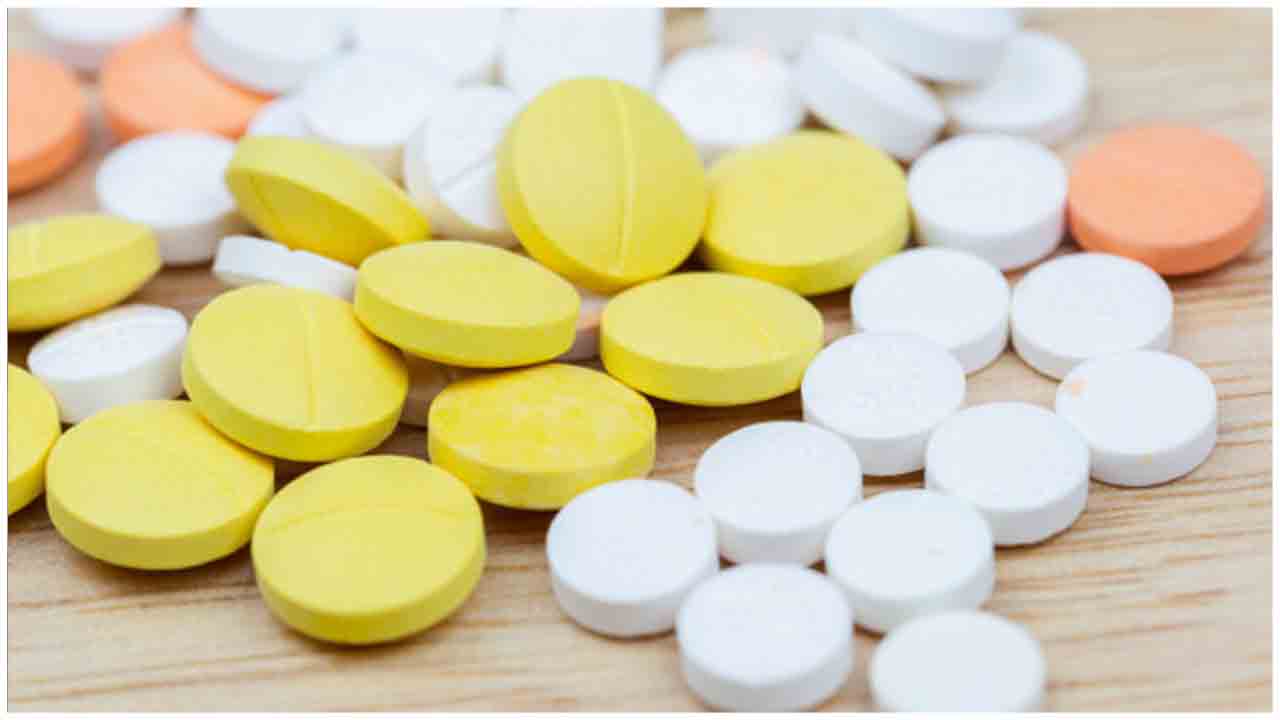The global drug delivery devices market is expected to grow from $1.4 billion in 2019 to about $1.6 billion in 2020, as there is a marginal increase in demand due to the use of such devices in the treatment of COVID-19 patients. The market is expected to stabilize and reach $1.9 billion at a CAGR of 8.2% through 2023. The drug delivery devices market in Asia-Pacific is forecasted to register the highest CAGR during 2019-2023.
This report covers market characteristics, size and growth, segmentation, regional and country breakdowns, competitive landscape, market shares, trends and strategies for this market. It traces the market's historic and forecast market growth by geography. It places the market within the context of the wider drug delivery devices market, and compares it with other markets.
The increasing prevalence of chronic diseases is resulting in increased consumption of therapeutic drugs and therapies, and this factor is expected to act as a driver for the growth of the drug delivery devices market. The growth of the drug delivery devices market is limited by the regulatory changes related to medical devices.
The microneedle (MN), is a highly efficient and versatile medical device technology, due to its prominent properties including painless penetration, low cost, excellent therapeutic efficacy, and relative safety. The major players operating in the global microneedle drug delivery system include, 3M, Vetter Pharma International GmbH, nanoBioSciences LLC, NanoPass and more. The microneedles are fabricated using biodegradable polymers in which drugs or vaccines are encapsulated in the microneedles. Once, the microneedles dissolve in the skin, the drug gets released. This novel delivery method allows a wider variety of molecules to pass the skin's barrier, thus allowing the transdermal delivery to be applied to a large range of clinical applications, including diabetes, severe osteoporosis, and influenza vaccination.
Companies in the drug delivery devices market are collaborating with other companies within the industry in order to strengthen their product portfolio as well as to expand their footprint across different geographies. For instance, in July 2018, Gerresheimer AG, a Germany based provider of pharmaceutical packaging and drug delivery devices, acquired Sensile Medical AG for $413.4 million. The acquisition helped Gerresheimer AG in broadening its technological portfolio by enabling them to offer drug delivery devices for pharmaceutical and biopharmaceutical customers. Sensile Medical AG is a Switzerland based manufacturer of liquid drug delivery devices.
Major players in the drug delivery devices market are F. Hoffmann-La Roche, 3M Company, Pfizer, Baxter International, BD, Novartis, Gerresheimer, Johnson & Johnson Services, Bayer, and GlaxoSmithKline.

 The increasing prevalence of chronic diseases is resulting in increased consumption of therapeutic drugs and therapies, and this factor is expected to act as a driver for the growth of the drug delivery devices market
The increasing prevalence of chronic diseases is resulting in increased consumption of therapeutic drugs and therapies, and this factor is expected to act as a driver for the growth of the drug delivery devices market










.jpeg)

.jpeg)










.jpg)




.jpg)

